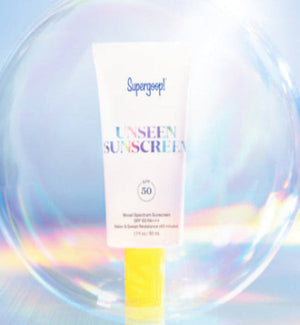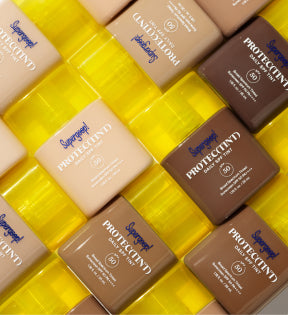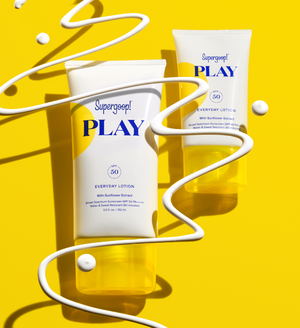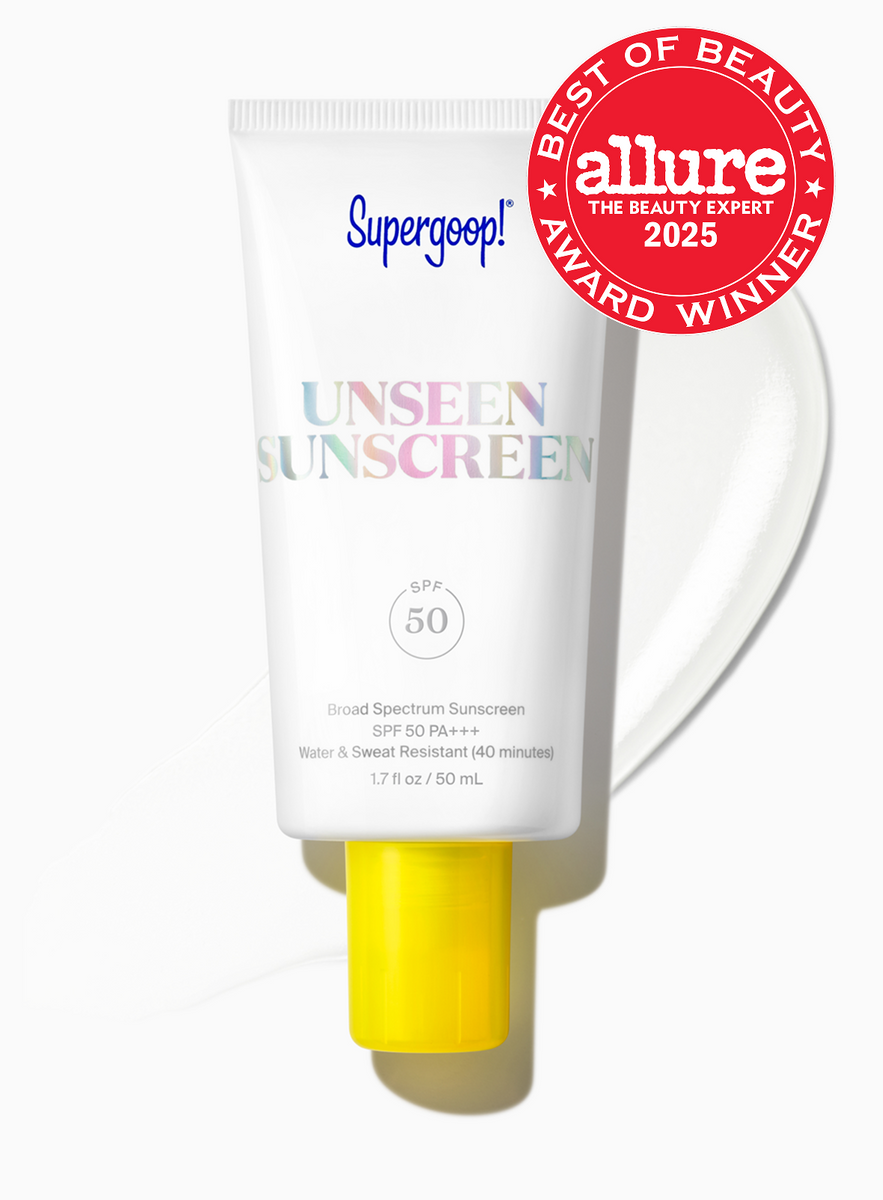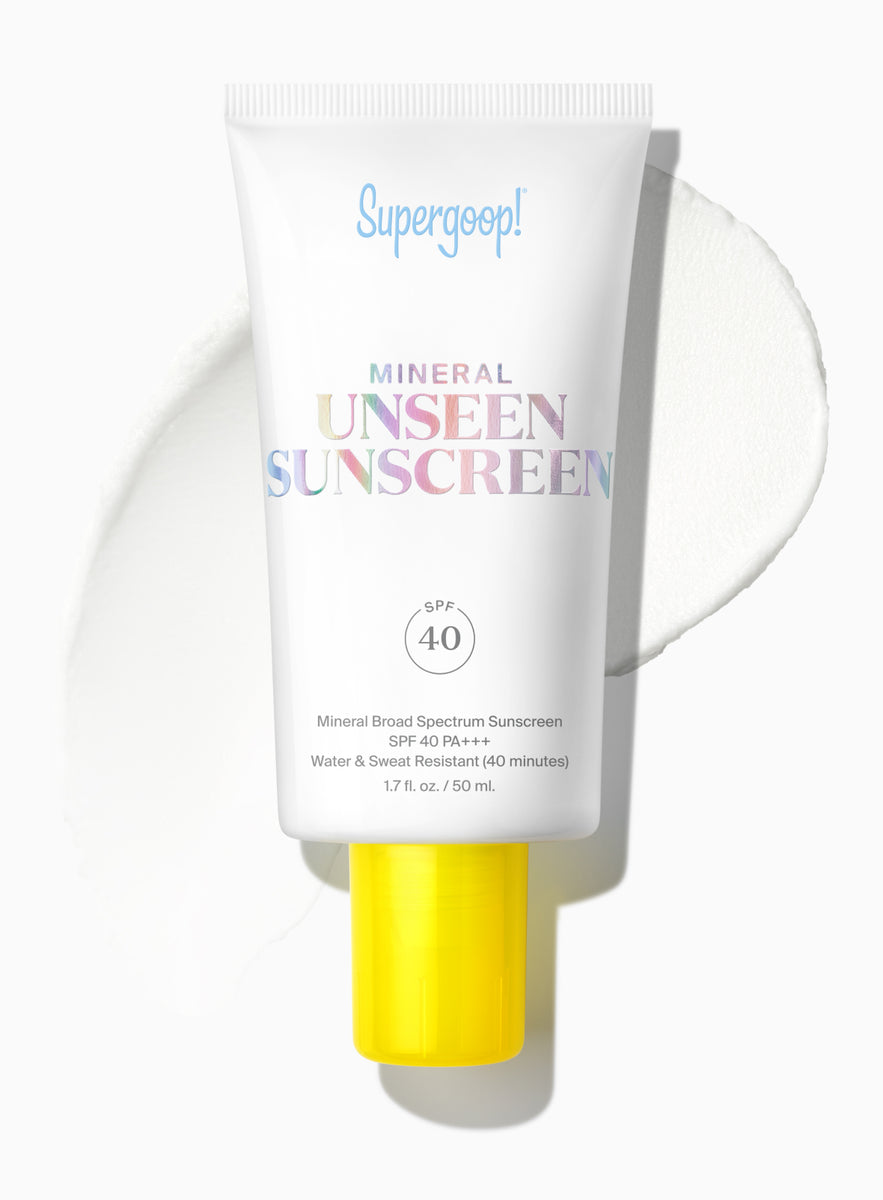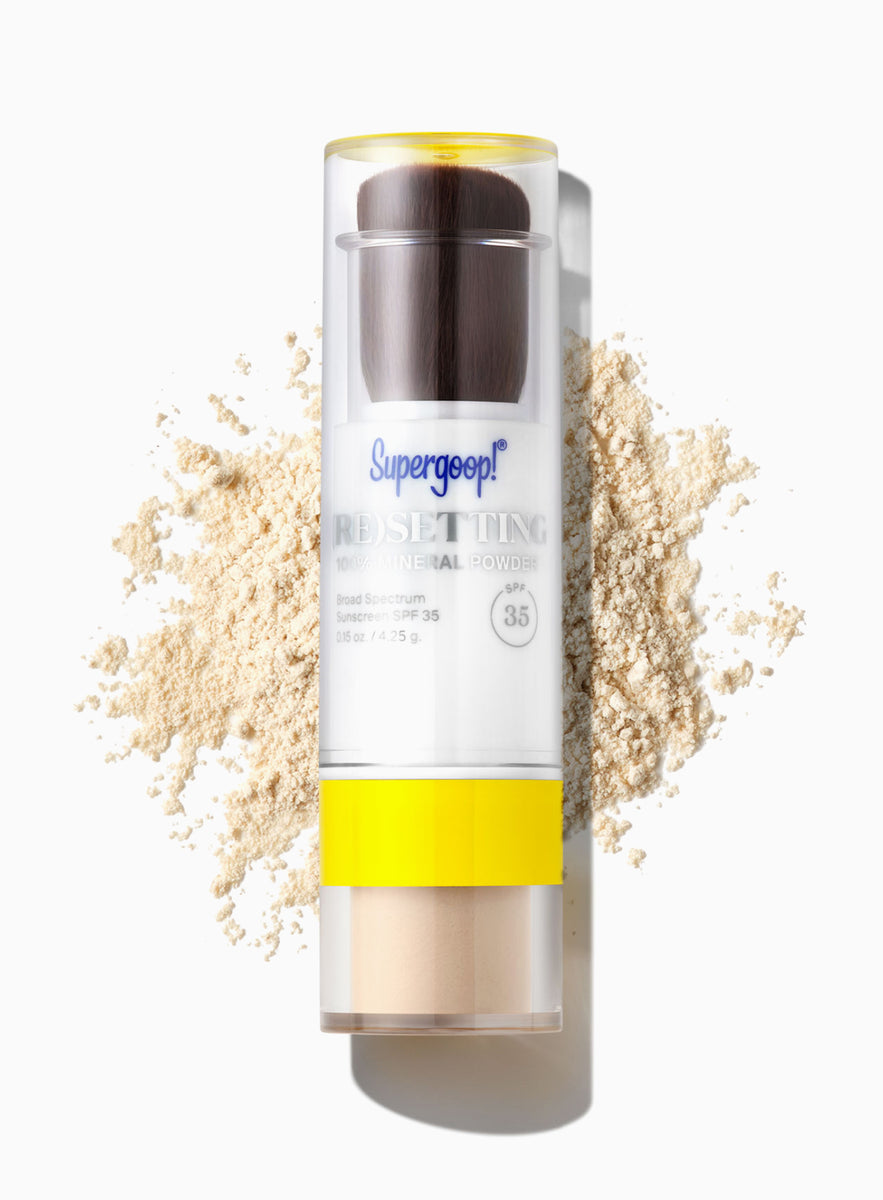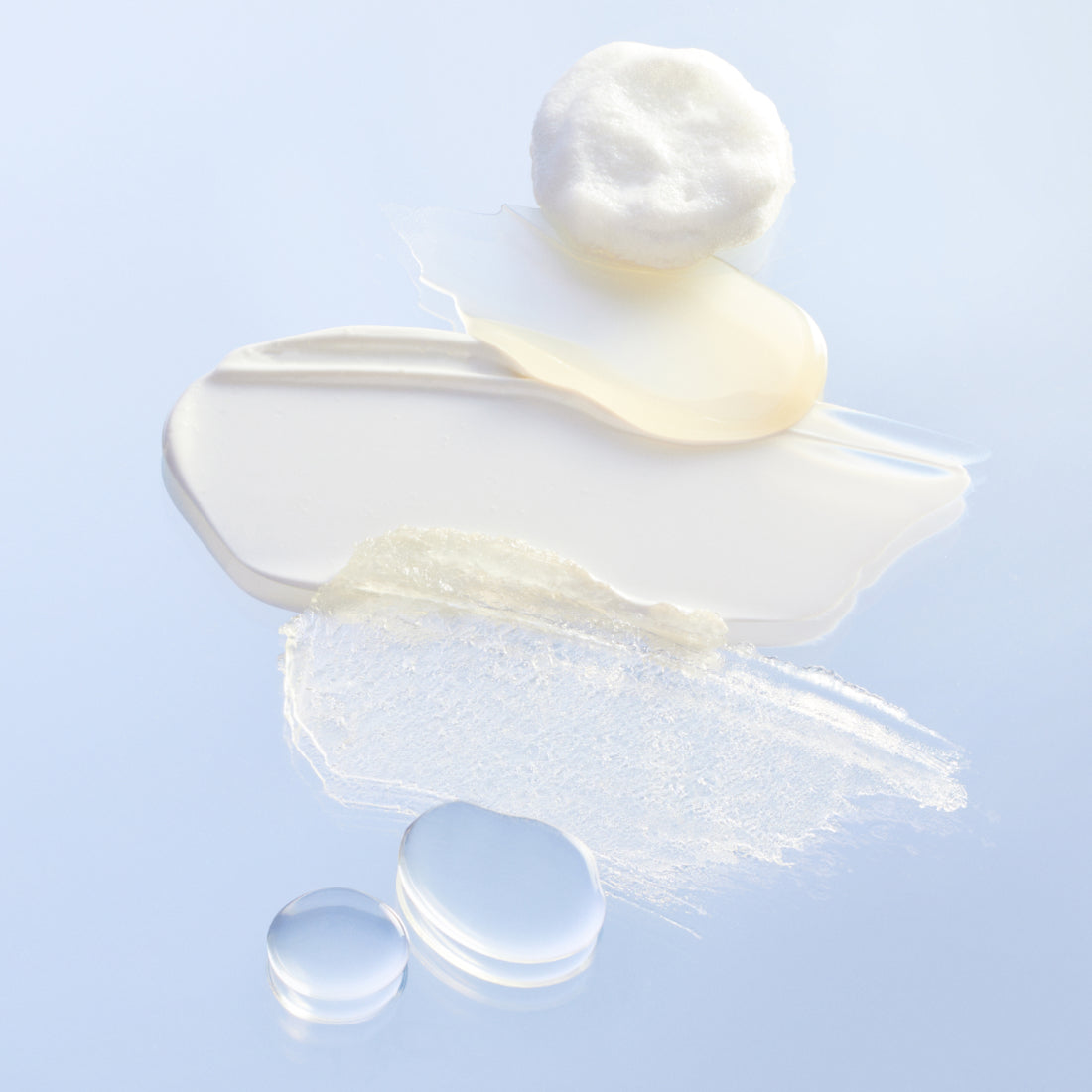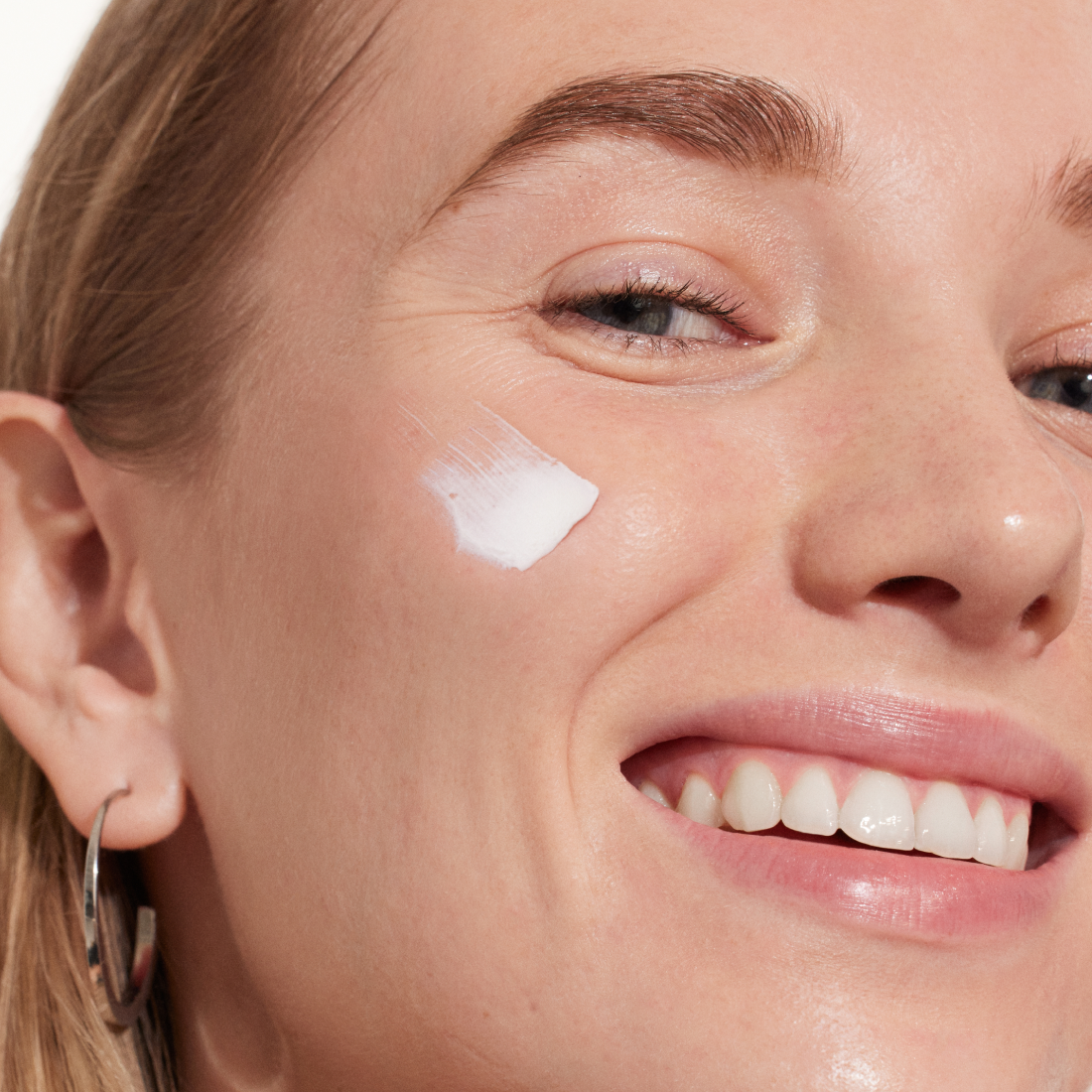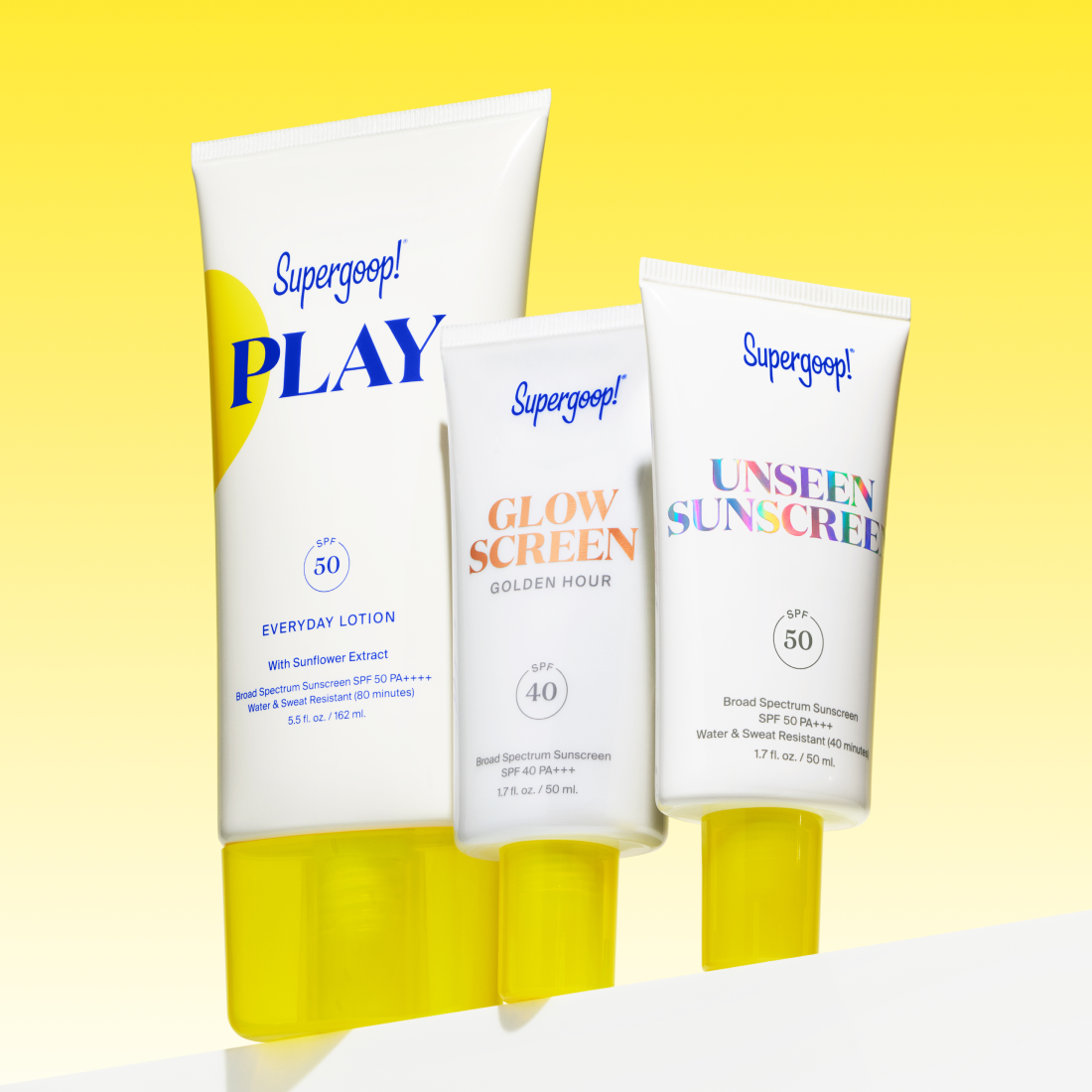We’re shining a light on the differences between chemical and mineral sunscreen, so you can choose which is right for you!

Sun 101
A suncare & beauty destination from the Experts in SPF™
CATEGORIES
Sun 101
The Difference Between Chemical and Mineral Sunscreen
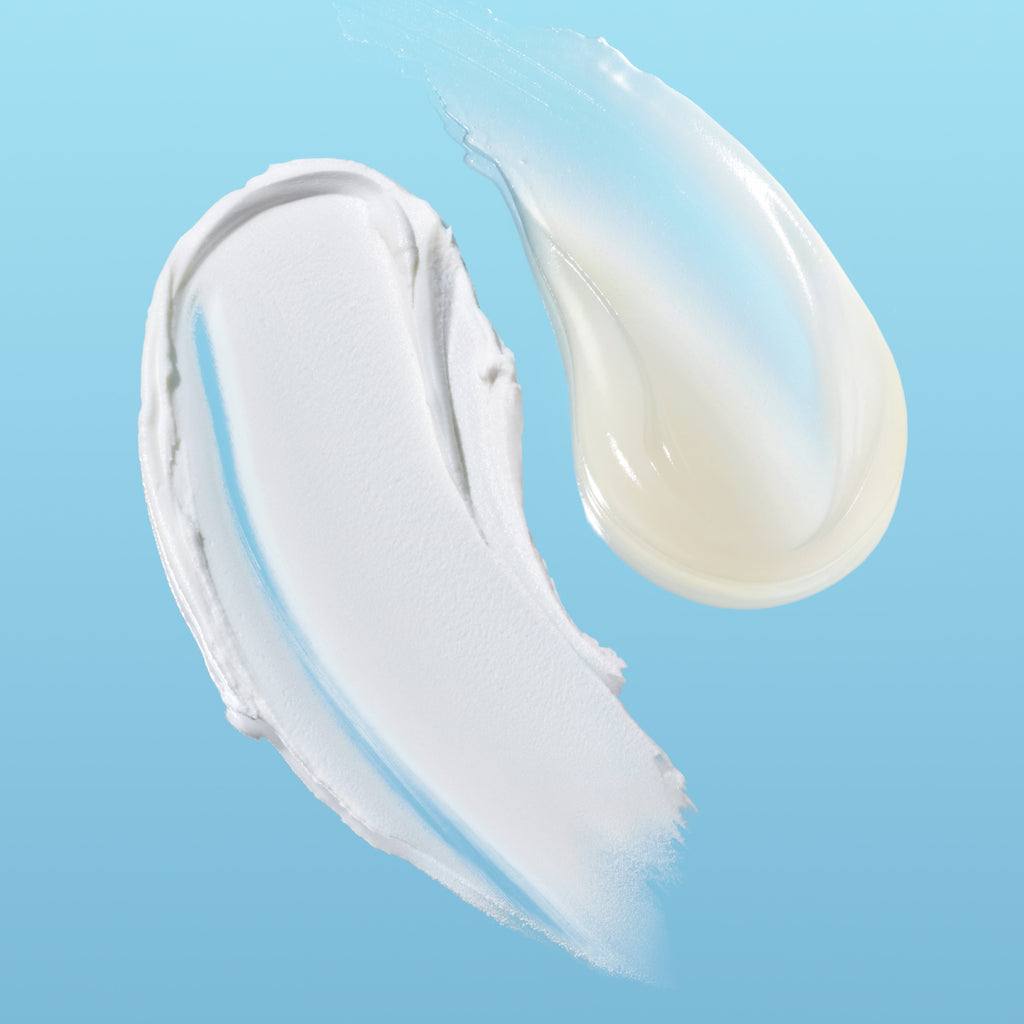
First, the similarities
First off, it’s good to keep in mind that chemical SPF and mineral SPF actually do have some big-picture similarities. Both are made in a lab, both can offer broad spectrum UV protection and both can be non-comedogenic. In fact, the two primary differences between them are how they’re formulated, and how they actively shield your skin from the sun’s UV rays.
Chemical sunscreen
Chemical sunscreens work like a sponge to absorb UV rays and absorb into your skin, just like skincare! They protect your skin from the sun and also allow for major innovation, like weightless and even invisible formulas. For example, our #1 bestselling Unseen Sunscreen, is a chemical SPF! Because of this, chemical sunscreens can be a great option for all skin tones or if you have a specific finish or payoff in mind.
Mineral sunscreen
This type of sunscreen works as a physical shield to block UV rays, which is why you’ll sometimes hear them called “physical” sunscreens. Mineral sunscreens are made with the active ingredients zinc oxide, titanium dioxide or a combination of both — but nothing else! If you see anything else listed on a sunscreen’s pack, it’s a chemical or hybrid sunscreen, not a mineral one.
In the past, mineral formulas have been known to be on the pastier side, but fortunately for us, they’ve come a long way over the years! While mineral sunscreens can never be 100% invisible (their active ingredients are white powders that sit on top of the skin, like makeup) today, mineral formulas can be sophisticated, sheer and super blendable. For example, our Mineral Unseen Sunscreen has a whipped, airy formula and is formulated to be sheer and blendable on a variety of skin tones.
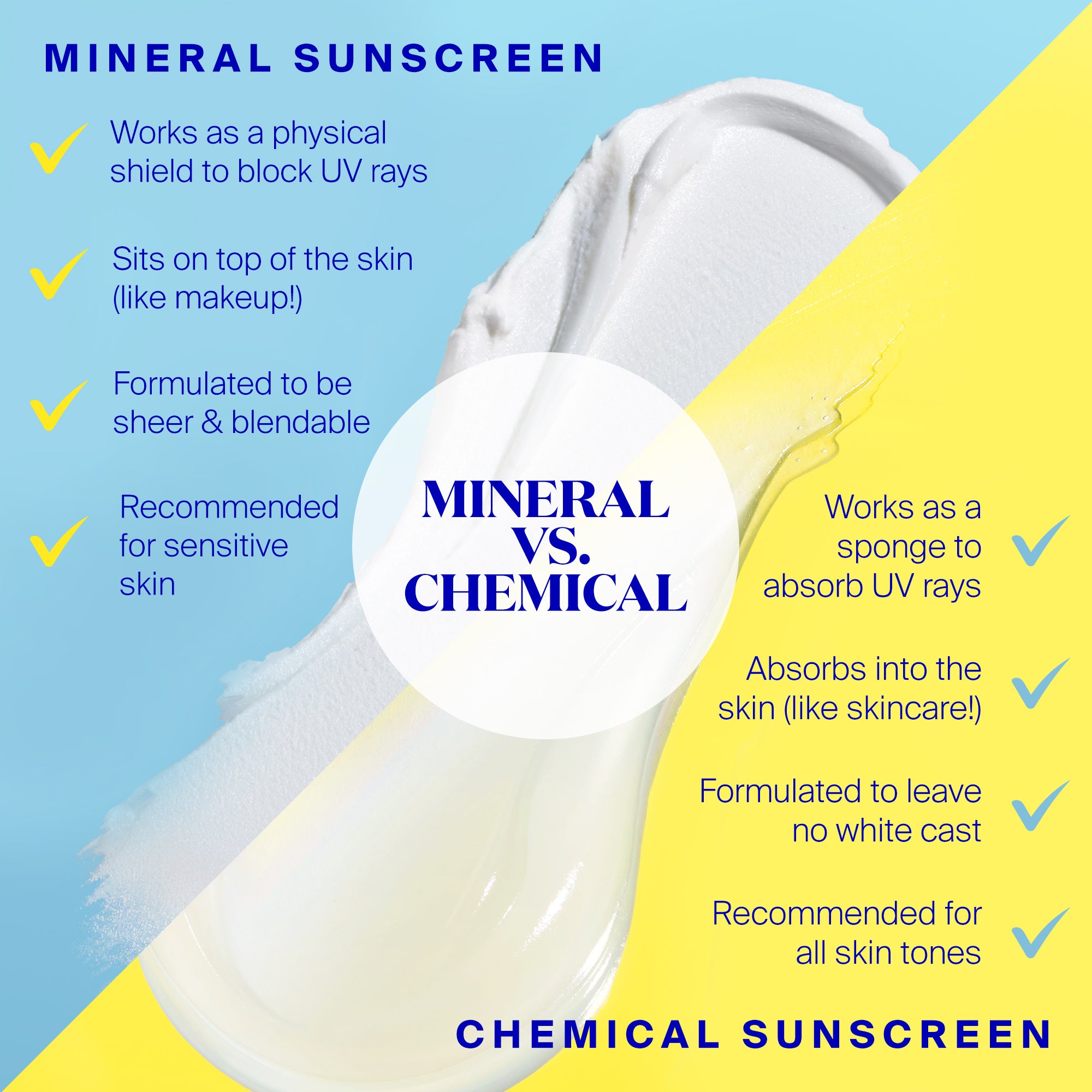
Decisions, decisions…
When it comes to picking which kind of SPF is right for you, there are a few deciding factors at play, like skin type and personal preference.
Regarding skin types, mineral SPF is recommended for people with sensitive skin, including babies and toddlers. As for personal preference, it's important to consider the kind of formats you like to use (lotion, spray, powder), what finish you'd like to see, or the kind of payoff you're looking for. For example, if a 100% invisible finish is a non-negotiable for you, a chemical sunscreen will be your go-to. Or if a powder sunscreen is on your shopping list, you'll want to consider mineral sunscreens like our (Re)setting Powder.
The bottom line…
Although there are a couple of notable differences between chemical and mineral sunscreens, in the end both types of SPF help protect your skin from the sun’s damaging UV rays. It just comes down to choosing which one is right for you!



















